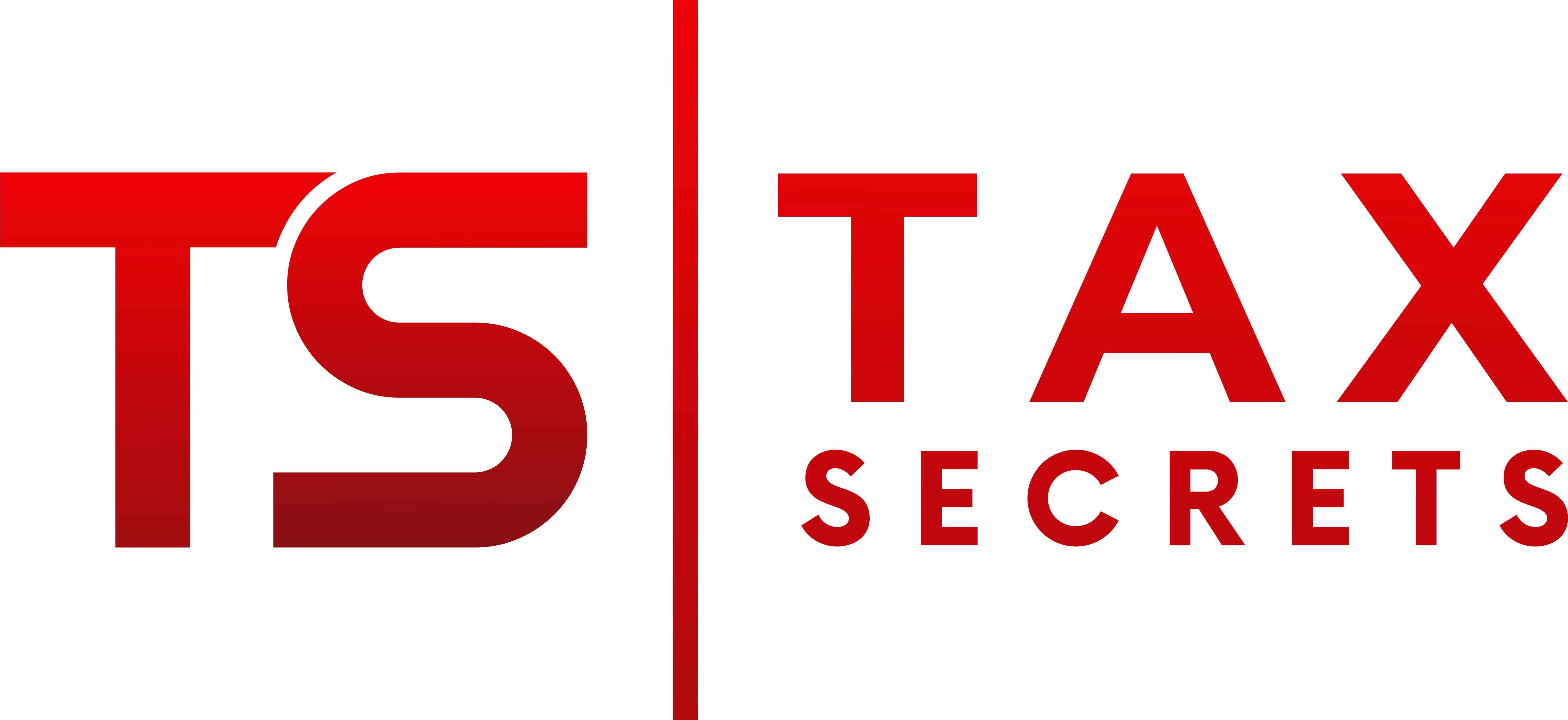Navigating the Impact of Rising Interest Rates on Personal Finances
As the current 30-year mortgage rate hovers at 8%, and the 10-year treasury approaches 5%, it’s crucial to understand the implications of rising interest rates on personal finances.
Depending on your life stage and financial situation, these changes can bring both benefits and challenges. By incorporating effective tax planning strategies, you can mitigate the impact of increased expenses and retain more of your hard-earned money.
1. Making Sense of Fed Rate Increases
With the Federal Reserve’s decision to increase interest rates, the effects on individual finances vary significantly. Big spenders may feel the squeeze as borrowing costs rise, while savers and those with prudent financial habits stand to benefit.
2. Credit Card Rates: A Closer Look
For many, credit cards are an integral part of managing day-to-day expenses. With rising interest rates, it’s natural to wonder if credit card rates will follow suit. In most cases, credit card interest rates are variable, meaning they’re influenced by broader economic conditions. As the Fed raises rates, credit card interest may inch upward, potentially impacting monthly balances for those who carry them.
To mitigate this, consider paying down high-interest credit card debt or exploring lower-interest alternatives. Additionally, shopping around for cards with favorable terms can help you stay ahead of potential rate hikes.
3. Buying a House in a Rising Rate Environment
For prospective homebuyers, rising interest rates can present a complex scenario. While higher rates translate to increased monthly mortgage payments, they can also signify a strong real estate economy. In today’s world, the values of home price trends are localized. Don’t forget if you must move, you can always refinance your rate down when the FED changes direction.
4. Auto Loans: Navigating the Landscape
If you’re considering financing a vehicle, rising interest rates can affect auto loans as well. Similar to mortgages, higher rates lead to higher monthly payments. To counteract this, explore the possibility of shorter loan terms or consider purchasing a more affordable vehicle. Additionally, shopping around for the best loan rates can yield significant savings over the life of the loan.
5. Bank Savings: Assessing the Impact
Savers will find a reason to rejoice as interest rates on savings accounts tend to move in tandem with the federal funds rate. As the Fed increases rates, you can anticipate higher yields on your savings. This can be a boon for individuals looking to grow their emergency fund or save for future endeavors.
6. Tax Planning: Keeping More of What You Make
In the midst of rising interest rates, effective tax planning becomes a crucial tool for minimizing added expenses. By leveraging tax-efficient investment strategies and exploring deductions and credits, you can retain more of your income and offset potential financial burdens.
Rising interest rates undoubtedly shape the financial landscape, influencing everything from mortgage rates to credit card balances. By understanding how these changes impact your personal finances, you can make informed decisions to protect your economic well-being. Embracing prudent financial habits and seeking professional advice when needed will empower you to navigate the shifting economic terrain with confidence. Remember, the key to financial success lies in adaptability and strategic planning.
Do you have questions? We are here to help.

